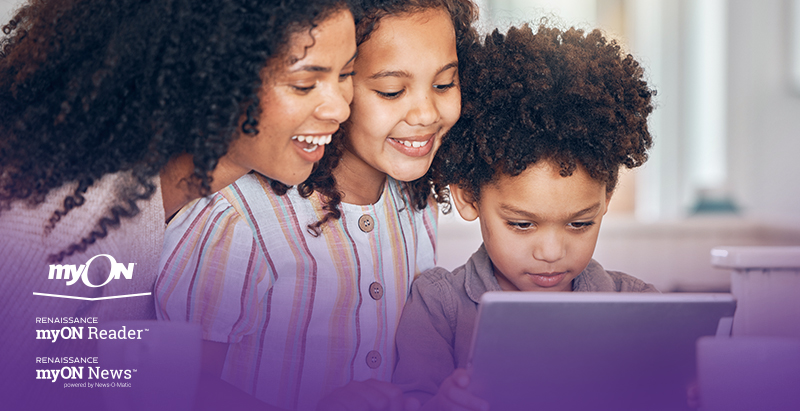Empowering Students with Media Literacy Skills: Teaching Them to Recognize Fake New
Today, we are fortunate to have a wealth of information at our fingertips, thanks to the ever-expanding landscape of news dissemination. Gone are the days when our news sources were confined to traditional outlets like TV and newspapers. In the digital age, we can access news through various platforms, including Facebook, Instagram, and YouTube to, enhance media literacy skills. Moreover, the latest trends and updates ripple through WhatsApp chat groups like never before.
However, amidst this abundance of information, a new challenge has emerged – discerning what is trustworthy from what isn’t. With the proliferation of sources, it’s crucial to navigate this vast sea of information wisely.
Categories of fake news Available Online
- Misleading headlines often entice readers with catchy titles that may not accurately reflect the content, luring them to click on news links while remaining unaware of potential distortions in the facts.
- Political Propaganda includes disinformation campaigning aimed at influencing public opinion, often with a political agenda. It can involve spreading false information about candidates, parties, or policies.
- The issue of Paid Content and Sponsored Fake News is a significant concern while trying to focus on media literacy. In this scenario, specific organizations or individuals collaborate with well-known influencers to promote their brand artificially, generating a sense of demand for their products or services, even if it’s not genuinely warranted.
- Crisis and Disaster Misinformation involves circulating false information during periods of crisis, like natural disasters or public health emergencies. This deceptive information can rapidly spread, leading to panic and confusion among the public.
- Economic Hoaxes focus on false information about finance, especially the stock market and investments. They can seriously affect financial decisions, leading to harmful consequences for investors.
Unraveling the Far-Reaching Effects of Fake News
- Repeated exposure to fake news can erode trust in the media and institutions. Readers may become skeptical of all information gained through media literacy. These acts challenge the foundation of a well-informed society.
- When individuals base their decisions on fake news, it can lead to poor choices. This is particularly significant in the case of financial or political decisions, where false information can influence investments or voting.
- Incorrect implications in fake news harm the reputations of individuals and businesses swiftly. Even with clarifications, the damage lingers, impacting relationships, trust, and business prospects, making reputation restoration a challenging endeavor.
Teaching students to recognize fake news
In educating students about media literacy and discerning between reliable and misleading sources, it’s crucial to explain the fundamental distinction between primary and secondary sources. Primary sources are original materials or firsthand accounts, such as interviews or official documents. In contrast, secondary sources are interpretations or analyses of primary sources found in textbooks, articles, or documentaries. This understanding is pivotal for assessing the origin and reliability of information.
Additionally, students should be aware that reputable news outlets uphold strict journalistic standards. For example, trusted sources like The New York Times, BBC, or Reuters are known for their commitment to accuracy and responsible reporting.
It’s equally important to stress the significance of considering the publication date of the source. In rapidly changing fields, information can swiftly become obsolete. This highlights the need to rely on current and relevant sources for media literacy when seeking information or conducting research.
To facilitate a comprehensive learning experience, educators should create an open and non-judgmental classroom environment where students feel encouraged to ask questions and express their concerns freely. This practice sets the stage for meaningful discussions about fake news and media literacy.
Explore myON News
myON News delivers ‘five’ age-appropriate news articles to students every weekday throughout the entire year. It also offers access to an extensive archive of published articles, fostering knowledge expansion and literacy skill development. In addition, there are certain features, such as professionally recorded audio, maps, slideshows, and a built-in dictionary, to level up the experience. Thus, myOn News platform is an invaluable resource for cultivating informed and literate citizens.






Recent Comments